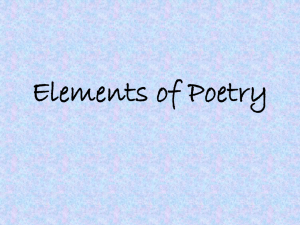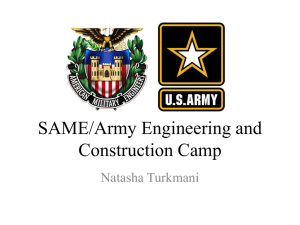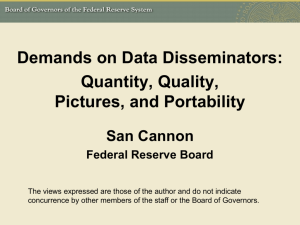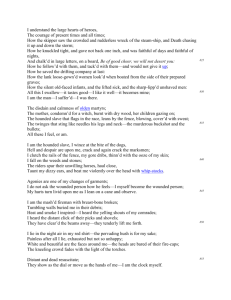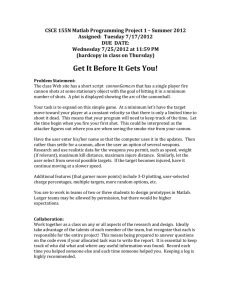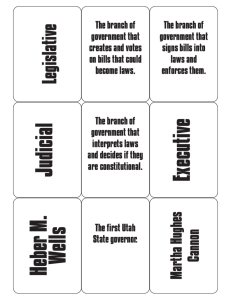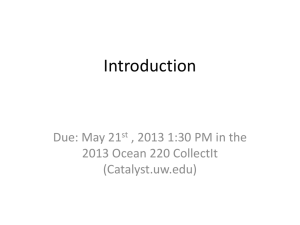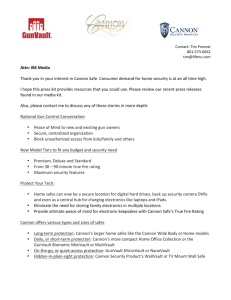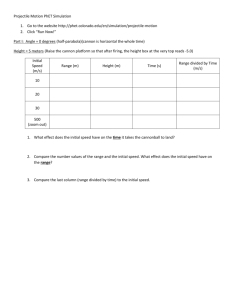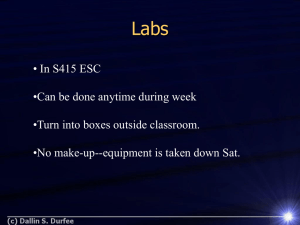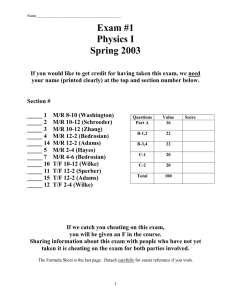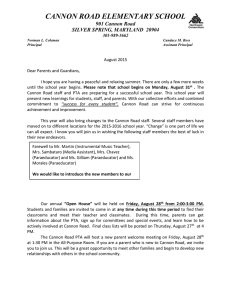CUSP February Editorial
advertisement
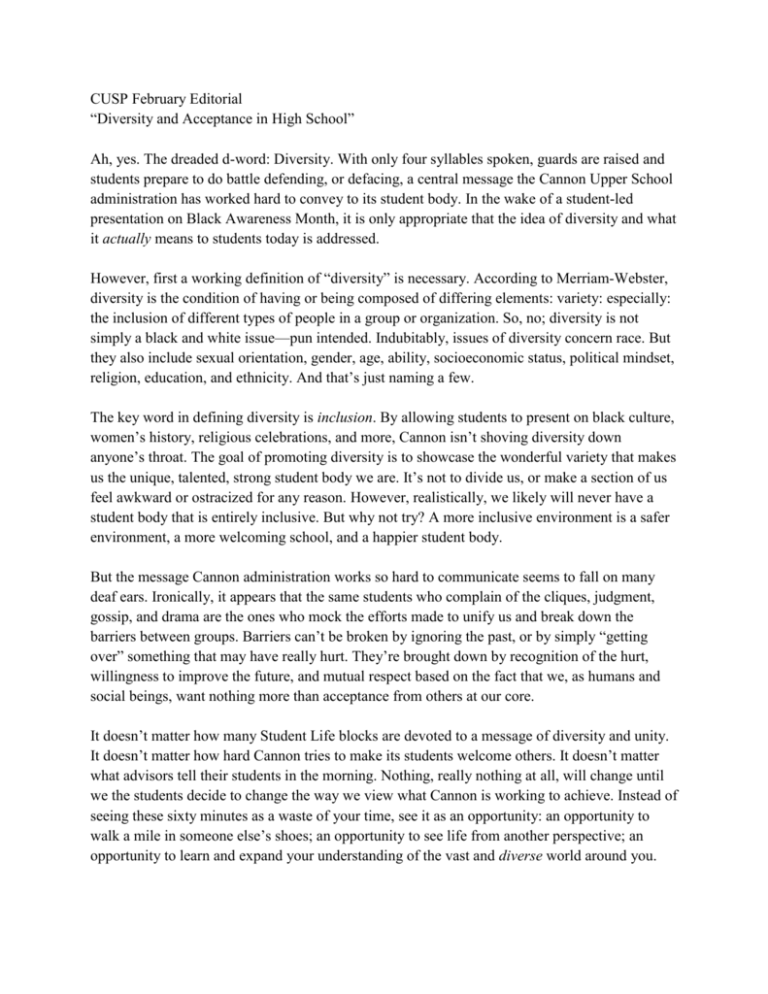
CUSP February Editorial “Diversity and Acceptance in High School” Ah, yes. The dreaded d-word: Diversity. With only four syllables spoken, guards are raised and students prepare to do battle defending, or defacing, a central message the Cannon Upper School administration has worked hard to convey to its student body. In the wake of a student-led presentation on Black Awareness Month, it is only appropriate that the idea of diversity and what it actually means to students today is addressed. However, first a working definition of “diversity” is necessary. According to Merriam-Webster, diversity is the condition of having or being composed of differing elements: variety: especially: the inclusion of different types of people in a group or organization. So, no; diversity is not simply a black and white issue—pun intended. Indubitably, issues of diversity concern race. But they also include sexual orientation, gender, age, ability, socioeconomic status, political mindset, religion, education, and ethnicity. And that’s just naming a few. The key word in defining diversity is inclusion. By allowing students to present on black culture, women’s history, religious celebrations, and more, Cannon isn’t shoving diversity down anyone’s throat. The goal of promoting diversity is to showcase the wonderful variety that makes us the unique, talented, strong student body we are. It’s not to divide us, or make a section of us feel awkward or ostracized for any reason. However, realistically, we likely will never have a student body that is entirely inclusive. But why not try? A more inclusive environment is a safer environment, a more welcoming school, and a happier student body. But the message Cannon administration works so hard to communicate seems to fall on many deaf ears. Ironically, it appears that the same students who complain of the cliques, judgment, gossip, and drama are the ones who mock the efforts made to unify us and break down the barriers between groups. Barriers can’t be broken by ignoring the past, or by simply “getting over” something that may have really hurt. They’re brought down by recognition of the hurt, willingness to improve the future, and mutual respect based on the fact that we, as humans and social beings, want nothing more than acceptance from others at our core. It doesn’t matter how many Student Life blocks are devoted to a message of diversity and unity. It doesn’t matter how hard Cannon tries to make its students welcome others. It doesn’t matter what advisors tell their students in the morning. Nothing, really nothing at all, will change until we the students decide to change the way we view what Cannon is working to achieve. Instead of seeing these sixty minutes as a waste of your time, see it as an opportunity: an opportunity to walk a mile in someone else’s shoes; an opportunity to see life from another perspective; an opportunity to learn and expand your understanding of the vast and diverse world around you. Maybe you won’t like every presentation. But if you, like every other student, want to be accepted, then start by accepting others. Meet them halfway. Maybe for you that doesn’t mean sitting at a new table in the cafeteria every lunch period. Maybe you don’t vastly change your circle of friends. But try to talk to someone new. Find someone you don’t think you have anything in common with, aside from the fact that you both attend Cannon School, and challenge yourself to find something, some interest, you both share. It’s easier than you think. They may surprise you and become your new best friend. You never know. At the very least, when fellow students go up on stage in front of an intimidatingly large sea of teenagers, you can pay attention. You can give them the respect they deserve for having the courage to speak their hearts to a crowd that may not receive the message well. Maybe you don’t like what you hear. But, again, take the moment as an opportunity and listen. So when you’re sitting in those CPAC chairs, and a fellow student is presenting, get off your phone. Look up. Social Media can wait. You are missing out on a real chance to mature and develop a more global viewpoint by closing yourself off. And the world definitely doesn’t need more closed-minded, technology-addicted, self-centered teenagers. It needs more open-minded, creative, compassionate leaders. If you want to make a difference in your community, start by looking inward. Take what is given to you, yes even anotherdiversity presentation in the CPAC, as an opportunity to grow. Remember the incredible wisdom of Mahatma Gandhi, and “be the change you wish to see in the world.”
